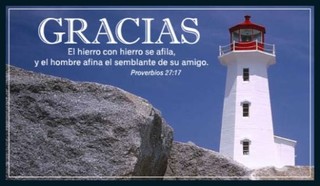
- Recent Translations
- All Translations
Sprueche 27:20 Meaning and Commentary
Hell and destruction are never full
The grave, as the word used often signifies; and which may be called "destruction", because bodies laid in it are soon corrupted and destroyed; and though bodies are cast into it and devoured by it, it is ready for more; it is one of the four things which never have enough. The place where Gog is said to be buried is called Hamongog, the multitude of Gog, ( Ezekiel 39:11 ) ; and by the Septuagint there Polyandrion, which is the name the Greeks give to a burying place, because many men are buried there; and with the Latins the dead are called Plures F15, the many, or the more; and yet the grave is never satisfied with them, ( Proverbs 30:16 ) . Or hell, the place of everlasting damnation and destruction, is meant, which has received multitudes of souls already, and where there is room for more, nor will it be full until the last day; so the eyes of man are never satisfied;
as not the eyes of his body with seeing corporeal objects, but still are desirous of seeing more, and indeed everything that is to be seen, and are never glutted, ( Ecclesiastes 1:8 ) ; so neither the eyes of the carnal mind, or the lusts of it, which are insatiable things, let the objects of them be what they will; as in an ambitious man, a covetous person, or an unclean one.
F15 Plauti Trinum, Act. 2. Sc. 2. v. 14.
